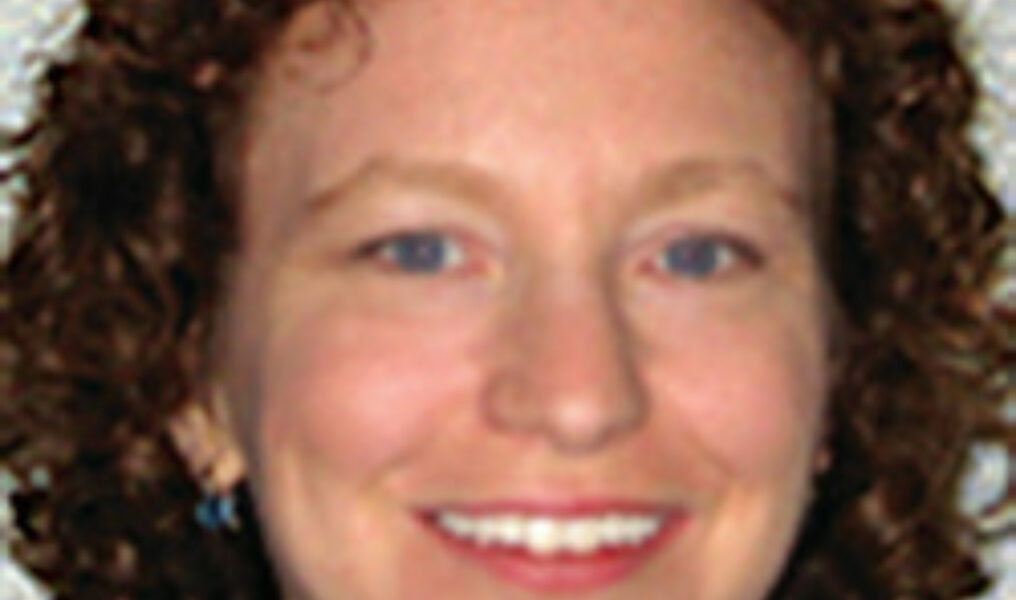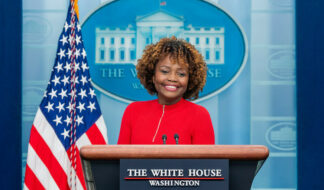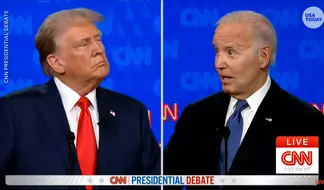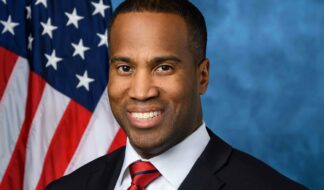LGBTQ students in rural schools are more likely to face bias and discrimination than those in urban and suburban ones, but their schools are also less likely to have LGBTQ-inclusive resources to support them. That's why several recent college graduates launched Hope in a Box last year. The nonprofit donates boxes of LGBTQ-inclusive books to rural public middle and high schools, along with coaching and curriculum guides to help educators use them effectively.
Between 2.9 and 3.8 million LGBTQ people live in rural areas across the country, according to recent estimates from the Movement Advancement Project. Furthermore, LGBTQ students in rural and small-town schools face more hostile school climates than those elsewhere, including biased language, victimization and anti-LGBTQ school policies and practices, according to GLSEN's latest 2017 National School Climate Survey. They were also less likely to have LGBTQ-related school resources or supports.
Joe English, founder of Hope in a Box and a 2017 graduate of Yale University, said in a statement about the project's launch, "I know that feeling of isolation and invisibility personally, having grown up in a small, rural town. After college, I returned to my high school to share my experience with my teachers and see how we could make the next generation of students feel more supported."
While his teachers saw the need for diverse books and materials to support their LGBTQ students, they felt they didn't have sufficient familiarity with the subject matter or resources to acquire them.
English and his team thus designed a bibliography of 50 books covering a range of time periods, formats and identities for students ages 12 to 18. This spring, they partnered with 25 rural public schools to pilot "Starter Boxes" of 20 to 30 books from this list, along with supporting multimedia and curriculum guides. The pilot schools are diverse, including a traditional Mormon school in Washington state, low-income schools in rural Vermont and New Jersey, and conservative Southern schools in Tennessee and Alabama, among others.
All the educators they've worked with say they feel better equipped to reach and support LGBTQ students because of Hope in a Box. Almost all, 90 percent, believed the project noticeably improved LGBTQ students' emotional well-being within one semester of receiving materials, and 80 percent plan to formally incorporate the materials into their curricula this academic year.
One middle school English teacher who was part of the pilot told them, "Having a character in literature to connect to can make all the difference for some kids who feel alone."
And a librarian who serves grades 7 to 12, said, "I see these books constantly checked in and out sort of silently by my students. … By the nature of where a lot of students are in their journey, there hasn't been a lot of open discussion yet, but these books signal to my students that they are safe with me."
GLSEN Founder Kevin Jennings, assistant deputy secretary for the Office of Safe and Drug-Free Schools at the U.S. Department of Education under President Obama, was even more blunt, asserting in a statement, "Hope in a Box's work is literally saving lives. When young LGBTQ people see themselves reflected in school curricula, their sense of self and well-being goes up dramatically, and rates of bullying and harassment drop just as dramatically. By providing these resources to schools with little access to them, Hope in a Box is making a life-saving difference for many young people."
The value is for all students, LGBTQ and not. Another high school English teacher told Hope in a Box, "Our small rural district isn't very diverse; it's been incredibly important for us to find creative ways to help students be open-minded and empathetic. I'm so grateful for the guidance and generosity of the Hope In A Box program because it sends our students such an important message: we recognize LGBTQ students and we appreciate them."
One creative writing teacher added, "This library is what lets my students feel comfortable writing about LGBTQ issues and characters in their creative and personal writing."
By the end of the 2019 school year, Hope in a Box aims to support hundreds of rural schools in all 50 states; nearly 200 schools across 35 states have already joined a waitlist for the project. The nonprofit's goal is to help at least half of these schools incorporate the materials into curricula.
A growing number of states including California, Colorado, Illinois, Maryland, New Jersey, and Oregon are now requiring public school curricula to include information about the history, writings and contributions of LGBTQ people. Having materials to support that goal accurately and effectively is vital. In states without such requirements, too, the need for guidance and resources is perhaps greater, since there's less motivation for schools to incorporate such works in the curriculum. Either way, Hope in a Box is targeting the schools that have the greatest need — those in under-resourced rural areas.
A similar initiative, the Make It Safe Project (makeitsafeproject.org), was founded in 2011 by then-14-year-old Amelia Roskin-Frazee, an out lesbian student from California. Make It Safe gives free packages of LGBTQ-inclusive books to schools, youth homeless shelters and other youth-serving institutions. It has distributed them to more than 60 schools and 25 shelters, with more on the way. Roskin-Frazee is currently an undergraduate at Columbia University, and the project is also now offering a writing scholarship to LGBTQ teens.
Projects like these, with the energy of young, queer activists behind them, can make a real difference for other young people. Visit their websites to find out more and learn how you can help, no matter your age.
TAGLINE Dana Rudolph is the founder and publisher of Mombian (mombian.com), a GLAAD Media Award-winning blog and resource directory for LGBTQ parents.
Bringing LGBTQ-Inclusive Books—and Hope—to Rural Schools










